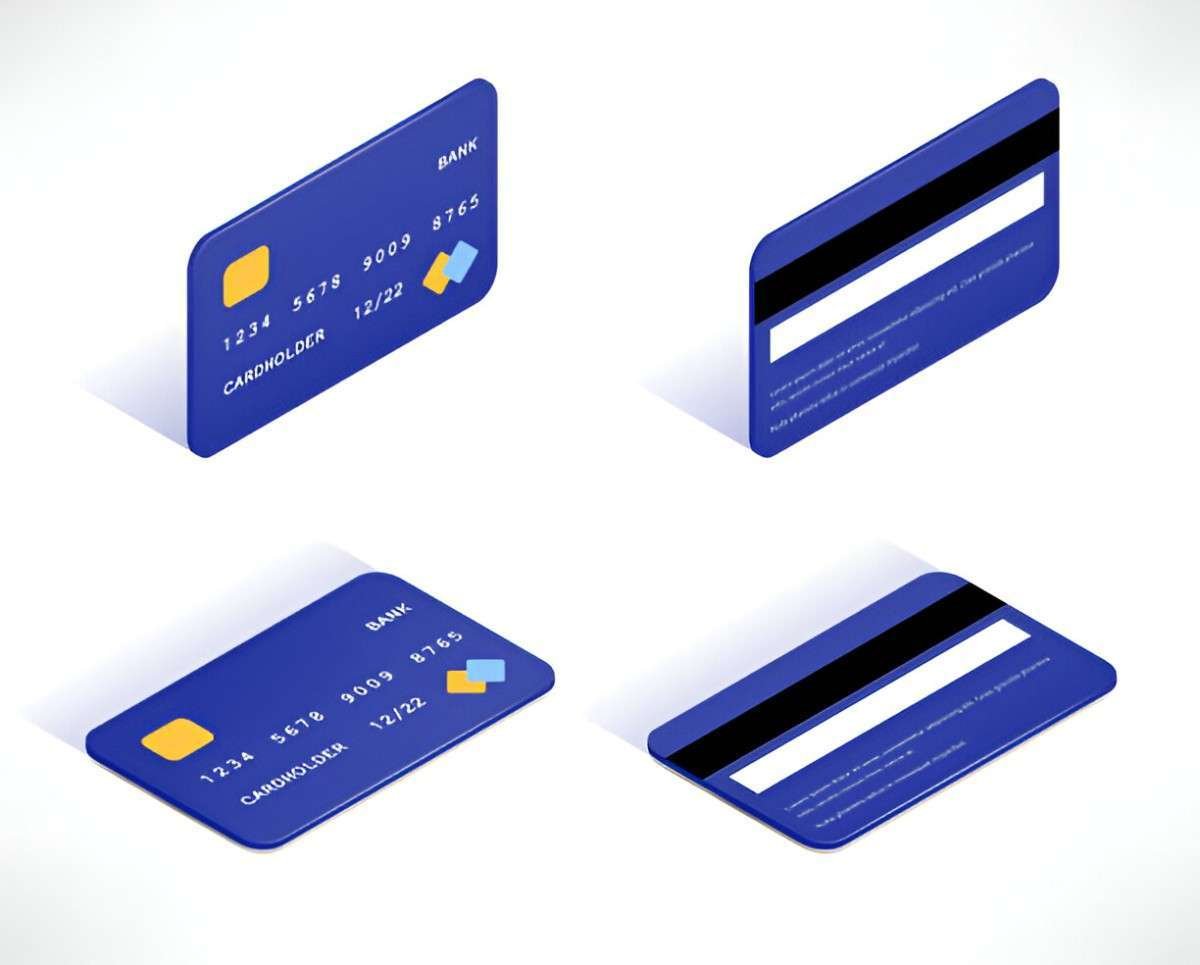Introduction
Virtual prepaid debit cards have gained traction among consumers and businesses. Unlike traditional debit cards, these cards exist in digital form, making them ideal for online transactions, subscriptions, and temporary spending needs. I will break down 15 of the best virtual prepaid debit cards, their features, costs, and how they compare.
Table of Contents
How Virtual Prepaid Debit Cards Work
Virtual prepaid debit cards function like traditional debit cards, but they are issued digitally without a physical counterpart. They come with a card number, CVV, and expiration date. Users fund these cards with a set amount and use them for purchases until the balance depletes. These cards do not require a credit check, making them accessible to a broad audience.
Comparison Table: Top 15 Virtual Prepaid Debit Cards
| Card Name | Issuer | Fees | Reload Options | International Use | Security Features |
|---|---|---|---|---|---|
| Wise | Wise Ltd. | Low | Bank Transfer, Card, Direct Deposit | Yes | 2FA, Freeze Card |
| Revolut | Revolut Ltd. | Free (Basic Plan) | Bank Transfer, Crypto, Direct Deposit | Yes | Dynamic CVV, Freeze |
| Payoneer | Payoneer Inc. | Monthly Fee | Bank Transfer, Payments | Yes | 2FA, Purchase Alerts |
| Neteller | Paysafe Group | Medium | Bank Transfer, Skrill | Yes | Encryption, Card Lock |
| Skrill | Paysafe Group | Medium | Bank Transfer, Neteller | Yes | 2FA, Card Lock |
| Netspend | Netspend | Medium | Bank Transfer, Direct Deposit | No | Purchase Alerts |
| Privacy | Privacy.com | Free (Basic) | Bank Transfer | No | Single-use Cards |
| Bluebird | American Express | No Monthly Fee | Direct Deposit, Bank Transfer | No | Fraud Protection |
| Cash App | Block, Inc. | Free | Bank Transfer, Direct Deposit | No | PIN, Card Lock |
| Venmo | PayPal | Free | Bank Transfer, Direct Deposit | No | Encryption, Alerts |
| Apple Card | Goldman Sachs | Free | Apple Pay, Bank Transfer | No | Face ID, Freeze Card |
| Google Pay | Free | Bank Transfer, Linked Accounts | No | 2FA, Biometrics | |
| Samsung Pay | Samsung | Free | Bank Transfer, Linked Accounts | No | 2FA, Biometrics |
| ecoPayz | PSI-Pay Ltd. | Medium | Bank Transfer | Yes | Encryption, 2FA |
| Paxum | Paxum Inc. | Monthly Fee | Bank Transfer | Yes | Card Lock, Alerts |
Factors to Consider When Choosing a Virtual Prepaid Debit Card
1. Fees and Charges
Some cards charge a monthly fee, while others are free. Wise and Revolut offer lower fees, making them cost-effective. Payoneer and Neteller, on the other hand, have higher fees but provide additional services.
2. Funding Options
Most virtual prepaid debit cards support bank transfers. Cards like Revolut and Skrill offer cryptocurrency funding, which can be useful for digital investors.
3. Security Measures
Security is crucial. Privacy.com allows single-use cards, while Google Pay and Apple Card offer biometric authentication. Choosing a card with fraud protection features can prevent unauthorized transactions.
4. Usability
International travelers should consider Wise, Payoneer, or ecoPayz, as these support cross-border transactions. If domestic use is the priority, options like Venmo, Cash App, and Apple Card might be sufficient.
Example Scenarios
Scenario 1: A Freelancer Receiving International Payments
A freelancer based in India receives payments from the US. Using Payoneer, they can hold USD and withdraw in INR. If the conversion rate is 1 USD = 83 INR, and they receive $500, they get ₹41,500 after Payoneer’s fees.
Scenario 2: A Traveler Managing Expenses Abroad
A traveler visiting Europe uses Wise for transactions. They load $1,000, exchange to EUR at a low conversion fee, and use the virtual card for hotel bookings and transport.
Advantages of Virtual Prepaid Debit Cards
- No Physical Theft Risk: Since these cards are virtual, physical theft is impossible.
- Better Budgeting: Users pre-load funds, limiting overspending.
- Privacy Protection: Some cards, like Privacy.com, allow for anonymous transactions.
Disadvantages of Virtual Prepaid Debit Cards
- Limited ATM Access: Most virtual cards do not support cash withdrawals.
- Restricted Usability: Some merchants do not accept virtual cards.
- Reload Limits: Some cards impose a cap on the funds you can add.
Conclusion
Virtual prepaid debit cards provide a secure, flexible, and accessible way to handle online transactions. Choosing the right card depends on individual needs, such as international use, fees, and security. For global transactions, Wise and Payoneer are excellent. If security is the priority, Privacy.com and Apple Card are strong contenders. Understanding the trade-offs helps users make informed decisions.





